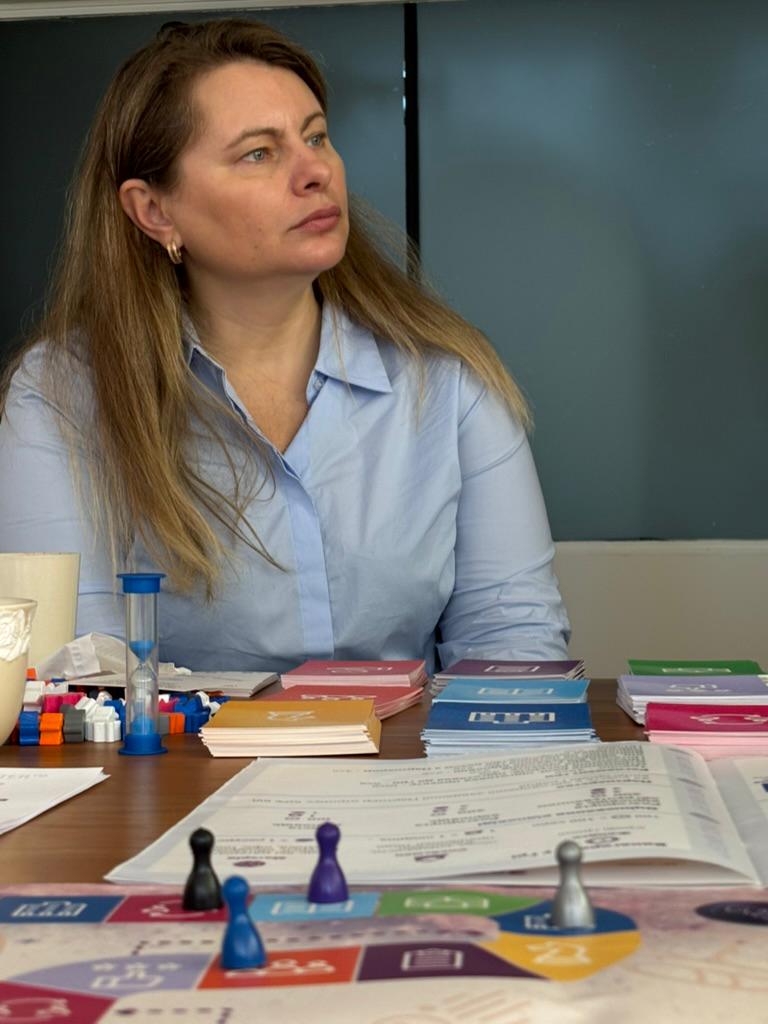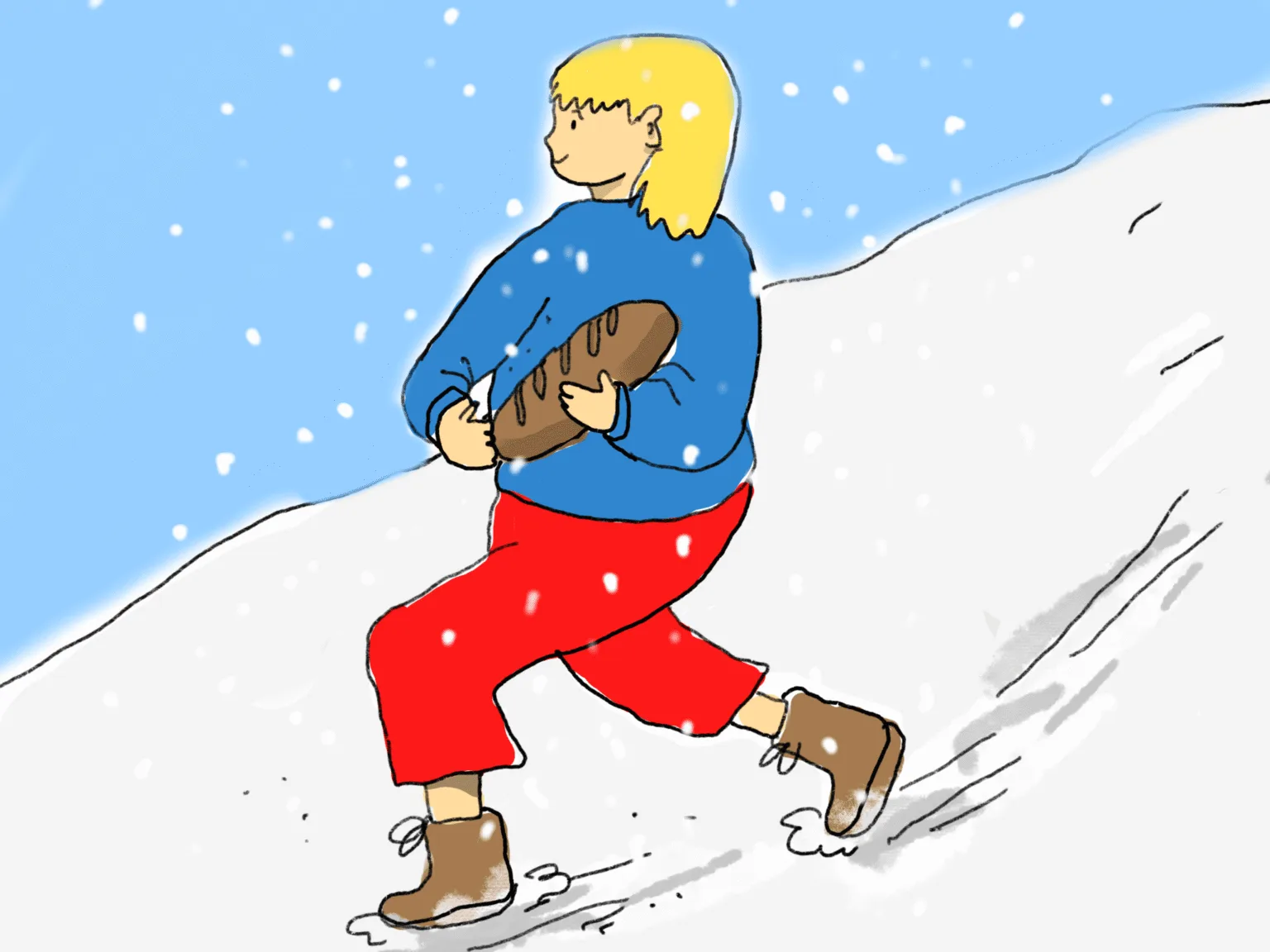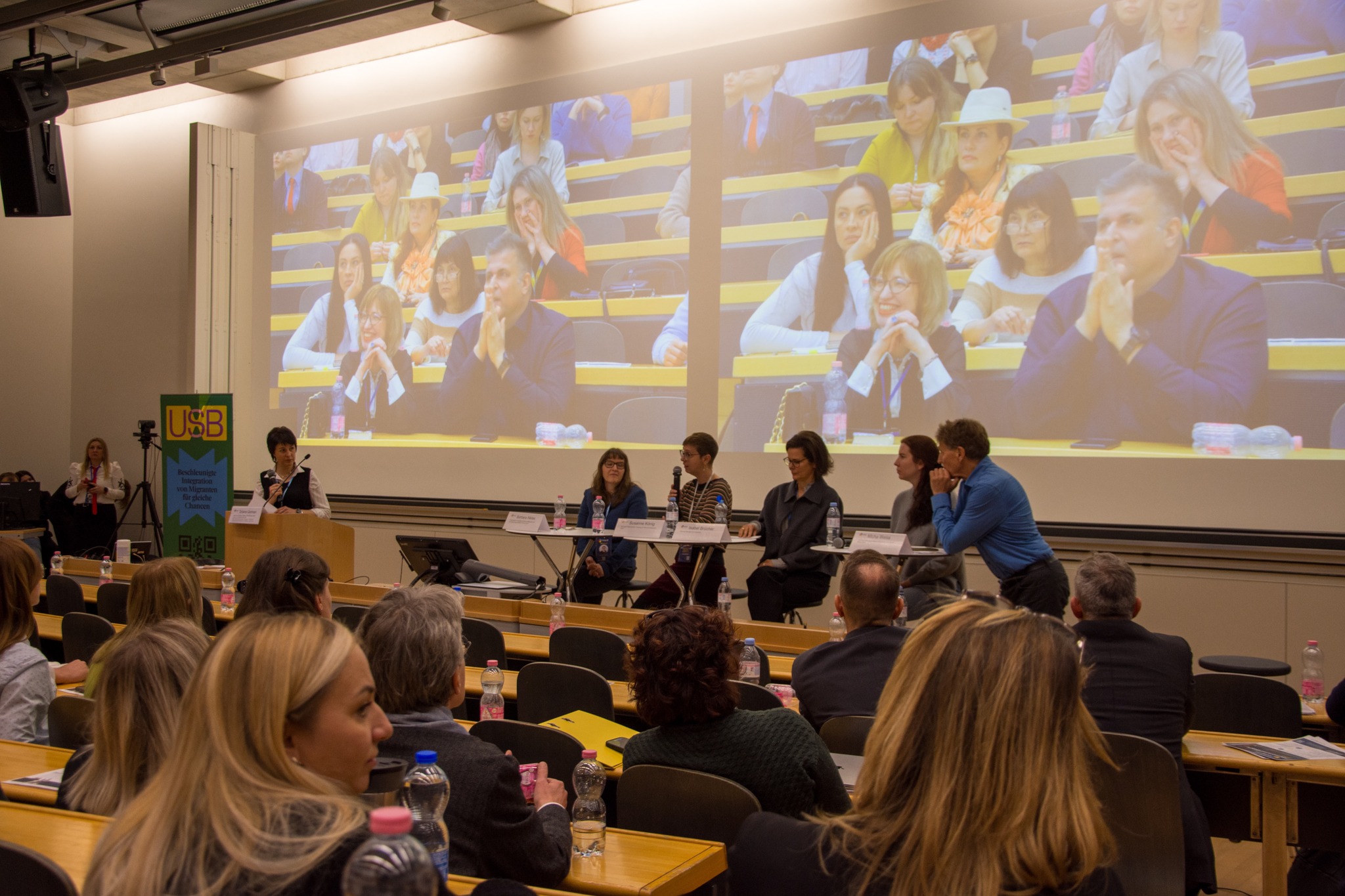A New Life – Like Adolescence
Moving to another country ranks among the top five most traumatic events for the human psyche – alongside the death of loved ones or war. The body is almost “reset” and forced to grow up again.
“Migrants often feel as if they are going back to adolescence,” explains psychotherapist Nataliya Tereshchenko, whose work is supported by the Austrian Ministry of Health. “You need to rebuild life from scratch, even if you are already a mature adult with a wealth of experience.”
This gap between “what I already know” and “what the new society demands” often creates a sense of premature aging: the thought that “I am too late, I don’t fit in.” In reality, this is simply a natural psychological reaction to new circumstances.
The Myth of Easy Adaptation for Children
It is often assumed that children cope with migration more easily. This is a myth.
“Children carry a double burden: they grow up in their native culture while simultaneously trying to integrate into a new one,” says the psychotherapist. “It is especially difficult in multilingual contexts, where no language has yet become a strong foundation.”
Added to this is the phenomenon of parentification – when children are forced to take on adult roles: acting as translators, organizers, or emotional support for their parents. This can have long-term consequences for their development.
Why Clarity Matters
The greatest challenge for children is uncertainty. Parents who hesitate between “staying” or “returning” unconsciously pass on this suspended state to their children.
“It doesn’t matter what decision adults make – what matters is clarity,” emphasizes Nataliya Tereshchenko. “Children need reality explained in simple words: what is happening, what to expect. This provides them with security and trust.”
How to Overcome Generational Trauma
The theory of the “five generations,” which suggests that historical traumas gradually fade only after several generations, is also relevant for Ukraine. The Holodomor, repressions, migrations – all of this has been passed down from generation to generation. And now war has been added.
“The way forward,” Nataliya is convinced, “lies in speaking about it. Do not hide the truth from children, call things by their names, preserve family memory. Shared conversations with loved ones help to process experiences not in isolation, but together.”
Practical Advice for Migrants
- Accept uncertainty. The unknown itself is a challenge, but it is a natural part of the process.
- Allow yourself to try. If you are unsure about returning, “try on” both options: stay temporarily or visit Ukraine.
- Be present for your children. Even in difficult circumstances, dialogue is essential: “How do you feel?”, “What do you think?”
- Do not devalue your experience. You already have knowledge and skills – in a new country, they do not disappear, even if you must start again with simple things.
- Build community. Talk about what you’ve been through, seek like-minded people, create circles of support.
Migration is not only about new opportunities but also one of the toughest challenges for the human psyche. Both adults and children undergo processes that may change their lives forever. But openness, support, and conscious choice give a chance to turn trauma into experience and loss into new strength.



